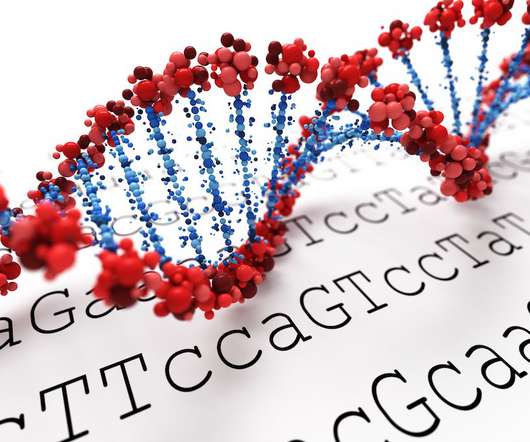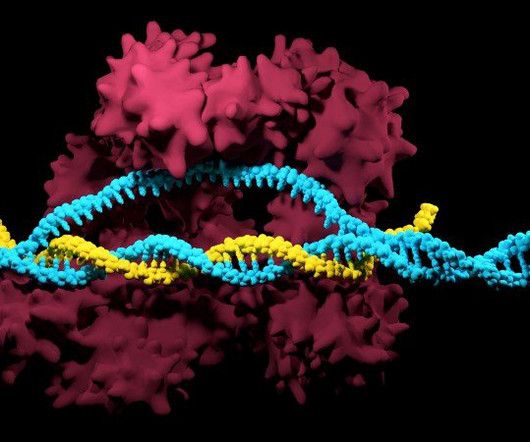10 Key Learnings from Successful Cellular and Gene Therapy Trials for Rare Diseases
XTalks
APRIL 24, 2023
Awareness of rare diseases is growing, and with a better understanding of the pathophysiology of many rare diseases, innovative treatment options are emerging, like gene therapies that can treat the root cause of rare genetic diseases and potentially provide long-term symptom relief, or even a definitive cure.















Let's personalize your content